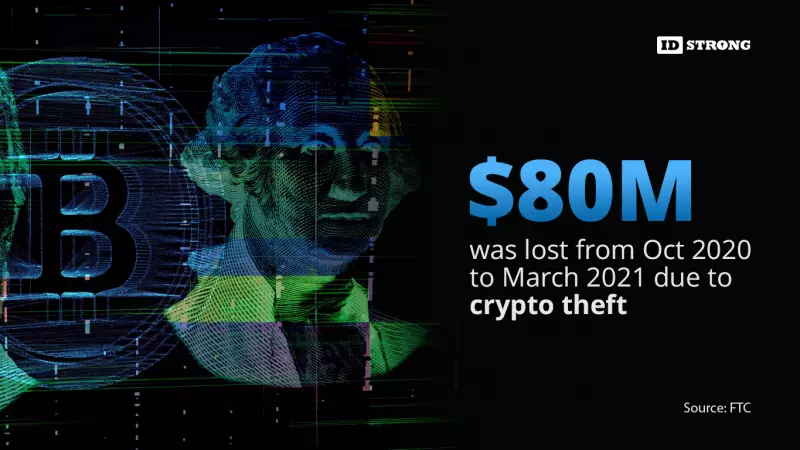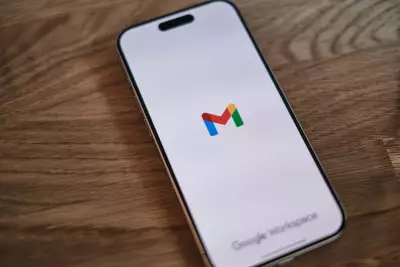Cryptomining Scams to Be Aware Of
Table of Contents
- By Greg Brown
- Published: Sep 09, 2022
- Last Updated: Sep 13, 2022

Cryptocurrency’s brief history began in 2009 and has seen the various crypto coins rise to become a global phenomenon. The industry is still in its infancy and constantly evolving, which makes it difficult to predict the next stage of development. When asked about the future of crypto, most experts believe in volatility in the short term with significant long-term growth.
No matter the stage, there are countless predators taking advantage of anyone who believes cryptomining and investing can bring them countless riches without working for it.
What is Cryptocurrency?
Crypto is an encrypted data string denoting a unit of currency. Distributed blockchain networks are what power cryptocurrencies. Blockchains are digital networks of data blocks that underpins crypto.
Blockchain
Blockchains are distributed ledgers or DLT (Distributed Ledger Technology), allowing for records to be stored on individual nodes or computers. This technology is different than a typical ledger, where the information is stored at a central location. Each node verifies, stores, and approves each block within the chain. Information is added to the chain in blocks that hold specific information.
Blockchains are the real jewel in cryptocurrencies and associated methodologies. Global experts agree cryptocurrency is a flash-in-the-pan occurrence. Most believe blockchain networks will fundamentally change how the world works.
Cryptomining
Cryptocurrency mining is a competitive process using a proof-of-work algorithm. The more computing power a miner has, the more likely they can win blocks and make money. Individual miners can purchase the hardware and software to mine cryptocurrency; however, it was more feasible for success in the early 2010s than it is today. The most practical way an individual miner can take advantage of cryptocurrency mining is to join a collective.
How to Mine Cryptocurrency
Cryptomining refers to a competitive global network of computers running specific cryptocurrency code. Verifying transactions and recording them on a blockchain involves complex algorithms for mining bitcoin and other currencies. The code ensures that transactions are legitimate and added correctly to the blockchain.
Again, adding transactions to a block in the chain is competitive, and miners must have top-line equipment to compete. The miner is required to solve a PoW puzzle to have any shot at making money with mining crypto.
Pool Mining
Public pools are networked computers by people hoping to mine crypto efficiently.
- Customers pay a monthly fee to participate in a pool mining operation. There is an expected return on the miner’s investment. However, there is no guarantee. The central computer operator shares all monies brought into the pool based on processing contribution.
- Cloud crypto mining is exactly like an individual pool mining operation. The difference is where the computing power comes from; in this case, the cloud. An individual rents time on a cloud operation with the expectation of making a profit.
Cryptomining Scams
Every crypto miner should be aware of multiple scams in the market challenging every dollar they expect to earn. Trading cryptocurrencies has been a risky proposition as of late. Mining currency coin carries the same level of enticement and danger.

Crypto mining scams and mining operations are skyrocketing. The FTC has reported 7000 crypto thefts with a combined value of over $80 million from October 2020 to March 2021. Cryptocurrency is tough to track once a transaction has been made, and it is even more challenging to recover the monies in a scam.
Is Crypto Mining illegal?
An Instagram advertisement showed Jonathan how to make huge money mining crypto. The strategy reported eye-watering returns of over 50%. Skeptical at first, he sent in 50 dollars to the central operator; in a month, the initial $50 was returned to Jonathan along with an additional 30-dollar profit.
Jonathan felt like he had struck gold! He began sending in hundreds and then thousands into the Instagram mining scheme. He never knew exactly how the scheme worked. All Jonathan was aware of was minimal government involvement. Soon Jonathan began telling friends and family, who started sending in cash.
In total, Jonathan and his family chipped in about $20,000. Then the account disappeared; no email contact, website, telephone, nothing. No one talked to Jonathan; he lost his money and a few friends and family. The FTC reports hundreds of similar schemes with alluring websites, testimonials, and credible crypto mining jargon.
Crypto Currency Scam List
Social engineering refers to the manipulation of a target, so they give up vital pieces of personal information. With crypto mining companies, scammers are after the digital wallet of victims. Once the person is under control, scammers can use social engineering to exploit secrets.
- Extortion and Blackmail – a popular method used by mining scammers is to send the victim an email claiming they have information to expose the victim unless they send currency to the scammer.
- Investment Opportunity – One of the oldest and most profitable social engineering crypto scams cybercriminals use. If the opportunity sounds too good to be true, it usually is. Predators set up fabulous crypto mining websites, enticing victims to take the once-in-a-lifetime opportunity. Guaranteed returns are offered in exchange for sending in money.
- Cloud Mining Scams – Upfront money is required to secure long-term revenue streams for a crypto mining opportunity. Even though there are plenty of legitimate cloud mining opportunities, potential investors must conduct due diligence.
- Rug Pulls – This scam occurs when a cybercriminal raises capital from unsuspecting mining investors, then disappears with the money and any funds used for enticement.
- Romance Scams – Criminals often use dating websites to build enticing relationships with victims. The relationship is then turned to lucrative crypto mining schemes and transferring real money.
Bogus guarantees from predators can lead to financial ruin for victims, or at least they find they cannot get their money back.
Spotting a Crypto-Currency Scam
Legitimate opportunities have readily available open disclosures, with detailed information on the opportunity, its blockchain, and the risks. Crypto-mining goes through a development process, and detailed white papers are published describing the protocols, blockchains, and formulas. Make sure to read this white paper.
Look for any free offers with the opportunity. Predators often promise to drop free coins or other free stuff in your wallet. Remember, nothing is free when investing in crypto-mining. Examine the developers closely behind the project and look for coders and experienced team members. If the white paper is full of errors, it is usually a scam.
















